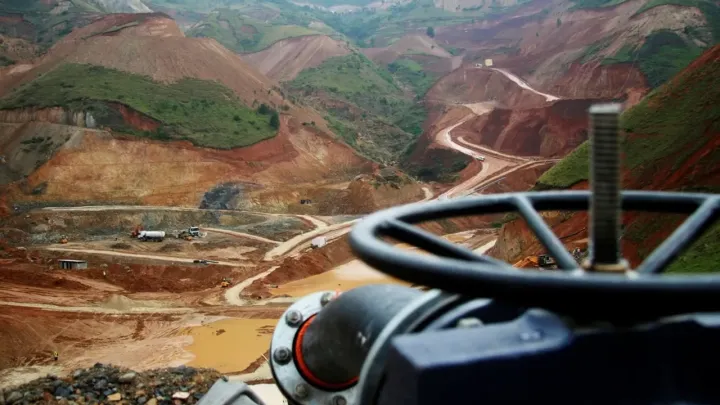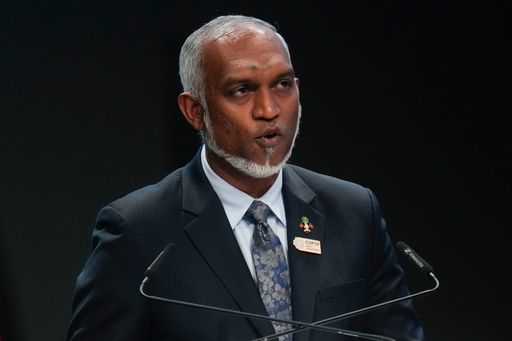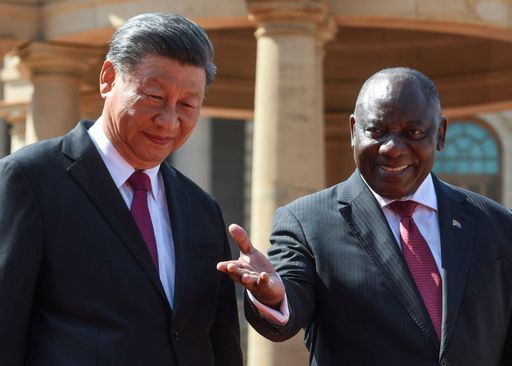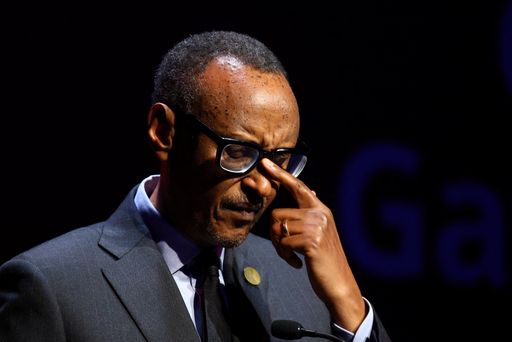Sport
The state cobalt agency in DRC has produced its first 1,000 metric tonnes of traceable artisanal cobalt, a key step in formalising the sector in a country that supplies much of the world's battery metal.

The state cobalt agency in Democratic Republic of Congo has produced its first 1,000 metric tonnes of traceable artisanal cobalt, a key step in formalising the sector in a country that supplies much of the world's battery metal.
DR Congo holds about 72% of global cobalt reserves and accounts for over 74% of supply, much of it from informal artisanal mines.
Artisanal mining is a lifeline for DR Congo, employing an estimated 1.5 million to 2 million people and supporting more than 10 million people indirectly.
Unregulated cobalt avoids official oversight, making supply hard to track and vulnerable to government confiscations. That uncertainty reduces the amount of ethically sourced material and pushes up prices for traceable cobalt.
Export quotas
Aiming to curb oversupply and support prices, DR Congo introduced export quotas in October after a months-long export ban.
The quota system, managed by regulator ARESCOM, restricts exports and promotes local processing by making it less attractive for producers to ship out raw cobalt.
Entreprise Générale du Cobalt (EGC), created in 2019 as a subsidiary of state-owned miner Gécamines, announced its first 1,000 tonnes of traceable artisanal cobalt at a ceremony in Congolese mining town Kolwezi on Thursday. The company said its traceability model will clean up the supply chain and align production with international environmental, social and governance standards.
"The vision is to transform artisanal cobalt into a strategic asset under Congolese control," CEO Eric Kalala said at the launch in Kolwezi, the heartland of Congo's cobalt production.
'Value and dignity'
"Every ton purchased by EGC must reflect not only the value of the mineral, but also the dignity of those who extract it."
Global cobalt demand is forecast to rise 40% by 2030, driven by demand for electric vehicles and energy storage, according to the International Energy Agency.
Automakers and electronics firms increasingly require proof of ethical sourcing, putting pressure on producers to eliminate child labour and unsafe practices.
EGC plans to expand beyond the inaugural 1,000 tonnes while adding refining capacity and capturing a larger share of the artisanal market, Kalala said.
EGC did not disclose how the inaugural 1,000 tonnes will be marketed or sold.
Comments
No comments Yet




















Comment